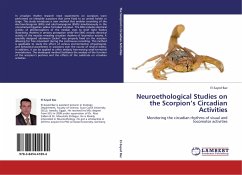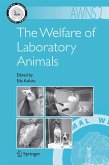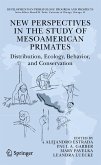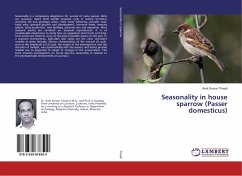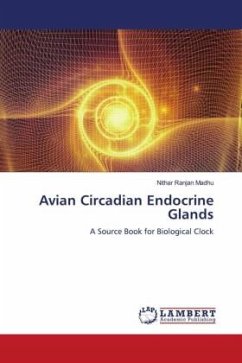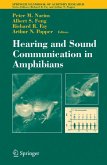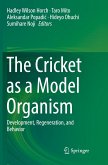In circadian rhythm research most experiments on scorpions were performed on immobile scorpions that were fixed to an animal holder or stage. This study introduces a new method that enables recording of the electroretinogram (ERG) and electromyogram (EMG) simultaneously in the unrestrained Egyptian yellow fat-tailed scorpion. The ERG includes electrical activity of photoreceptors of the median eyes to brief light flashes illustrating rhythms in sensory perception while the EMG records electrical activity of the muscles revealing circadian rhythms of locomotor activity. A specially designed aluminum "jacket" was properly fixed on the scorpion allowing for free movement during the continuous recording. This method is applicable to study the effect of various environmental, physiological, and behavioral parameters in scorpions over the course of several weeks. In addition, it can be applied to other similarly free-moving small terrestrial invertebrates. The developed method facilitates the analysis of the function of the scorpion s pectines and the effects of the substrate on circadian activities.

